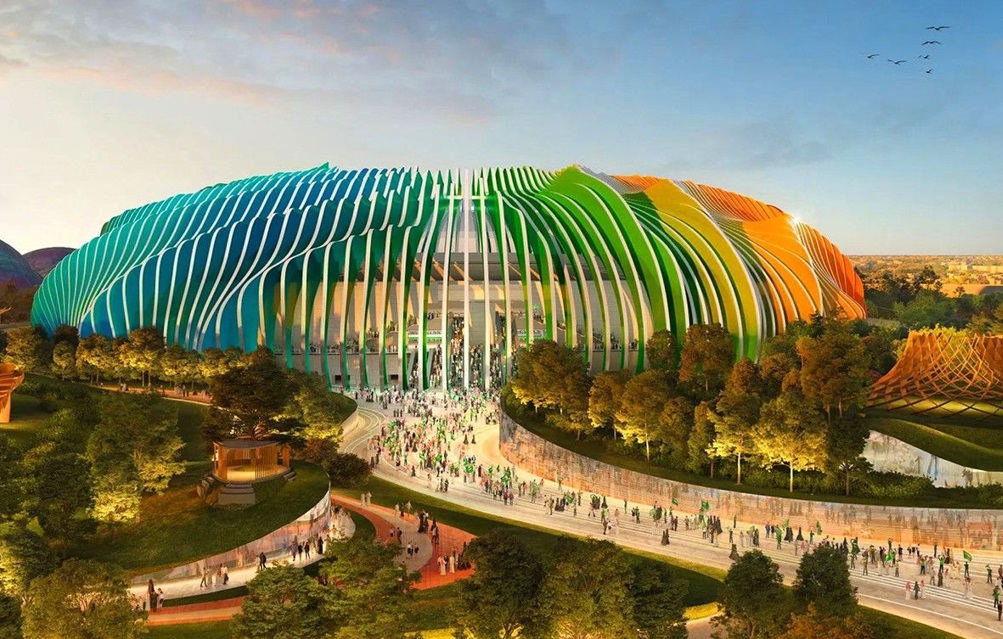RIYADH. Saudi Arabia is betting big on sports — not just as a global stage for entertainment, but as a catalyst for economic transformation. In a bold move that underscores its commitment to Vision 2030, the Kingdom has thrown open the doors of its most iconic sports complexes to private investors, signaling a new era of commercialization in one of the fastest-growing sectors of its economy.
The newly launched Sports Facilities Investment Project , announced by the Ministry of Sport, invites private capital into three of the country’s flagship venues:
- King Abdullah Sports City (Jeddah)
- Prince Abdullah Al-Faisal Sports City (Jeddah)
- King Abdulaziz Sports City (Makkah)
Through this initiative, investors can bid for five-year, renewable contracts covering naming rights, venue management, maintenance, and non-match day leasing — opportunities designed to unlock untapped revenue streams from world-class infrastructure.
It’s more than just a real estate play; it’s part of a broader strategy to position Saudi Arabia as a global sports powerhouse — and a major economic beneficiary of the 2034 FIFA World Cup , which the Kingdom is preparing to host across 15 stadiums in cities ranging from Riyadh to the futuristic NEOM.
The Numbers Behind the Ambition
Today, Saudi Arabia’s sports industry is valued at $8 billion . By 2030, that figure is expected to nearly triple to $22.4 billion , fueled by investments in clubs, academies, facilities, and technology.
The government has already mapped out 20 priority investment opportunities , with a combined potential value of up to $20 billion — and that’s before the economic ripple effect of hosting the World Cup, projected to bring:
- Over 10 million international visitors
- Creation of 1.5 million jobs
- A GDP boost of between $9 billion and $14 billion
A Strategic Gateway
To participate, investors must submit proposals via the government’s Furas investment portal during the designated application window — a streamlined process reflecting Saudi Arabia’s growing emphasis on transparency and ease of doing business.
Analysts see the initiative as a crucial test of the Kingdom’s ability to attract and retain long-term private capital in sectors historically dominated by public funding. If successful, it could set the blueprint for future privatization efforts across education, healthcare, and urban development — all key pillars of Vision 2030. As the countdown to 2034 begins, Saudi Arabia is making one thing clear: the future of sports is not just a game — it’s an investment opportunity.

